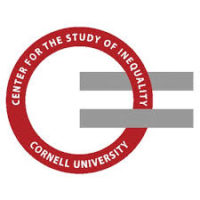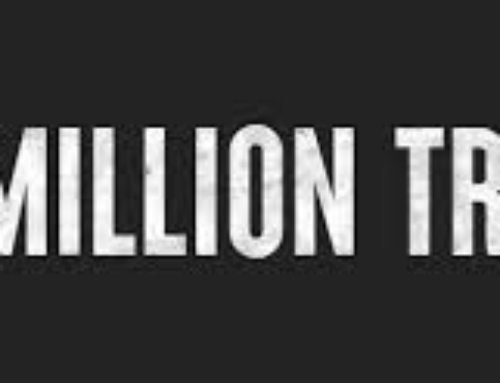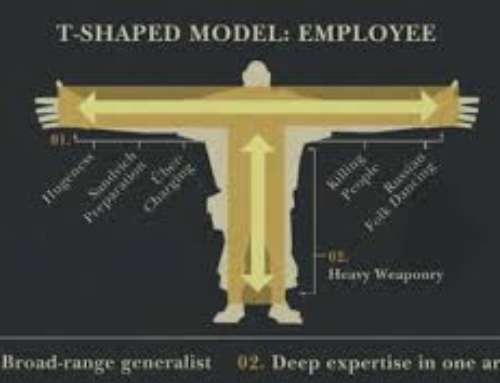A Republic, If We Can Keep It

Last week, I was lucky to be invited to a conference, A Republic If We Can Keep It organized by Cornell University’s Center for the Study of Inequality and the New America Foundation. There were only about fifty people in the room at any one time, so we had plenty of time to discuss many of the tough issues that some think are putting American democracy in danger. And, we had quite a crew, including some top academics, journalists, and some anti-Trump republicans. The organizers hoped that adding insights from comparative politics experts could help Americanists understand our turbulent times, which is why I was invited. But, as we dug into the issues, we spent just as much time discussing what peacebuilders bring to the table.
we spent just as much time discussing what peacebuilders bring to the table.
Not surprisingly given the focus of both sponsoring organizations, we spent a lot of time exploring the ways the mounting inequalities contributed to both Trump’s victory and the rise of far right movements and leaders in Europe. Similarly, given the fact that the scholars and activists in the room work on most aspects of American political life, we saw how the various reasons for the rise of the populist right intertwine.
But perhaps because there were more than traditional Americanists in the room, we got to three points that have rarely come up in discussions on these topics that I’ve been involved in:
- We comparativists focused not just on the Trump presidency but on questions being raised about our regime as a whole. We didn’t reach a conclusion about how serious the threats to American democracy are right now. However, just about everyone in the room worried that our norms and institutions are under more threat than they have been in at least a century. In particular, speaker after speaker mentioned the ways in which democratic institutions can be “hollowed out” from the inside by the kinds of leaders and practices we are beginning to see in the United States in the last fifteen months. We did not agree on how serious these threats are today. However, there was widespread agreement that American democracy is beginning to erode.
- There was a lot of concern about the impact polarization is having. This is nothing new. That topic comes up any time anyone discusses American politics in the last decade. However, there was widespread agreement that people on all sides are losing the ability to sense any degree of empathy with “the other side.” In fact, Harvard’s Theda Skocpol may have been the only speaker who is actually doing face-to-face research on both the current administration’s supporters and its opponents.
- Our discussion about what to do took off after EJ Dionne’s keynote address in which he stressed the need both to resist the administration’s more dangerous initiatives but to show enough restraint in doing so that we don’t deepen the polarization that already exists. Everyone in the room worries about the threats to American democracy. At the same time, we realized that the kind of resistance one often reads about (and that some of the participants are researching) will make it hard for left and right to cooperate down the road. Instead, he suggested resistance with restraint in ways that allow us to pick up on the spirit of the recent March to Save Our Lives when, as he put it, “hope mongering stalked the nation’s capital.”
Unfortunately, I wish we had spent more time on a fourth theme which, ironically, I was reading about on the Metro on my way to and from the conference. In their brand new book, New Power, Jeremy Heimans and Henry Timms talk about a new kind of distributed, network-based power. While problems associated with it are also in the news today as controversies around Facebook and Uber attest, Heimans and Timms go a long way toward showing how technological platforms can lead to progressive social change. And how some of them already have done so.
brand new book, New Power, Jeremy Heimans and Henry Timms talk about a new kind of distributed, network-based power. While problems associated with it are also in the news today as controversies around Facebook and Uber attest, Heimans and Timms go a long way toward showing how technological platforms can lead to progressive social change. And how some of them already have done so.
In short, the conference was by far the best meeting I’ve been to since the election. If you, too, are worried about the state of American democracy, check out the conference web site and follow the work of any and all of the participating scholars and activists.
The views and opinions expressed in this article are those of the author and do not necessarily reflect the official policy or position of the Alliance for Peacebuilding or its members.
Also published on Medium.





